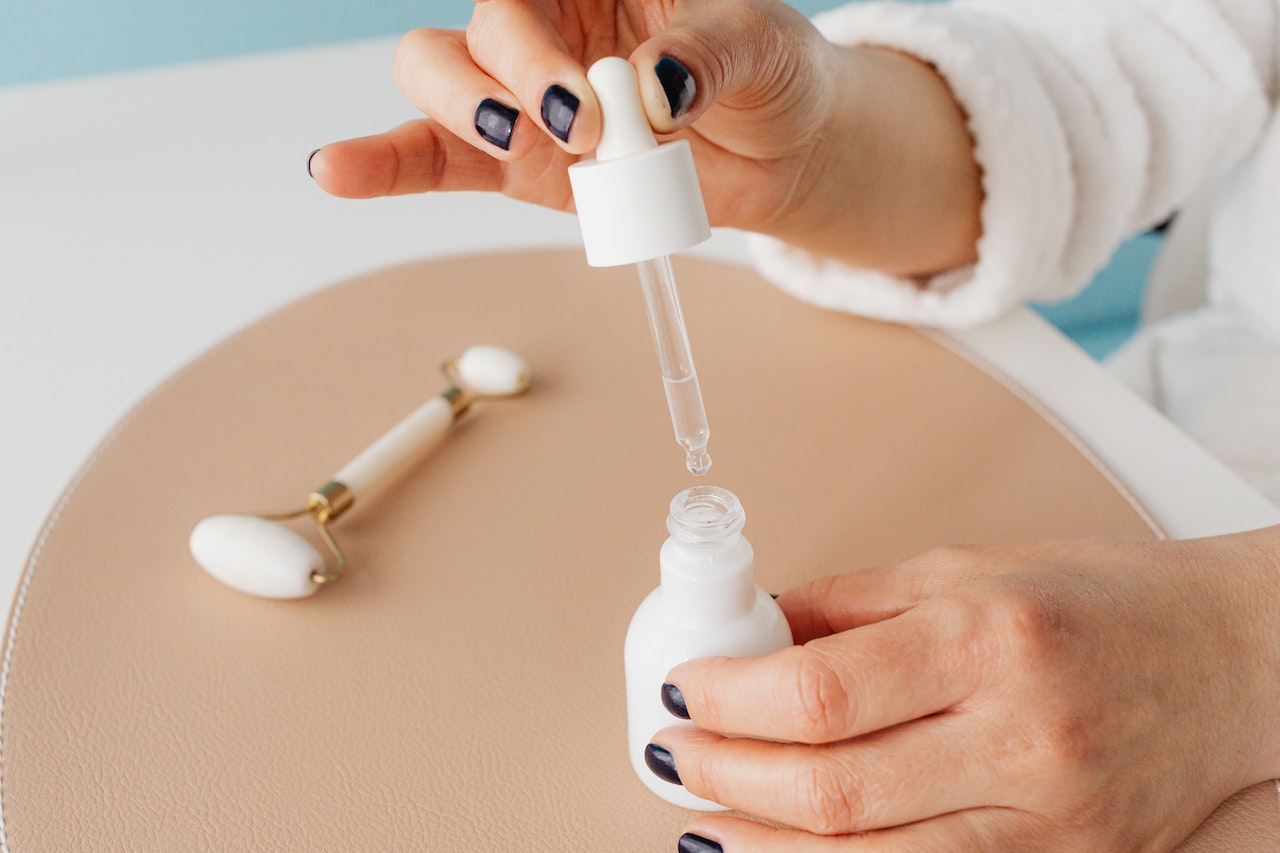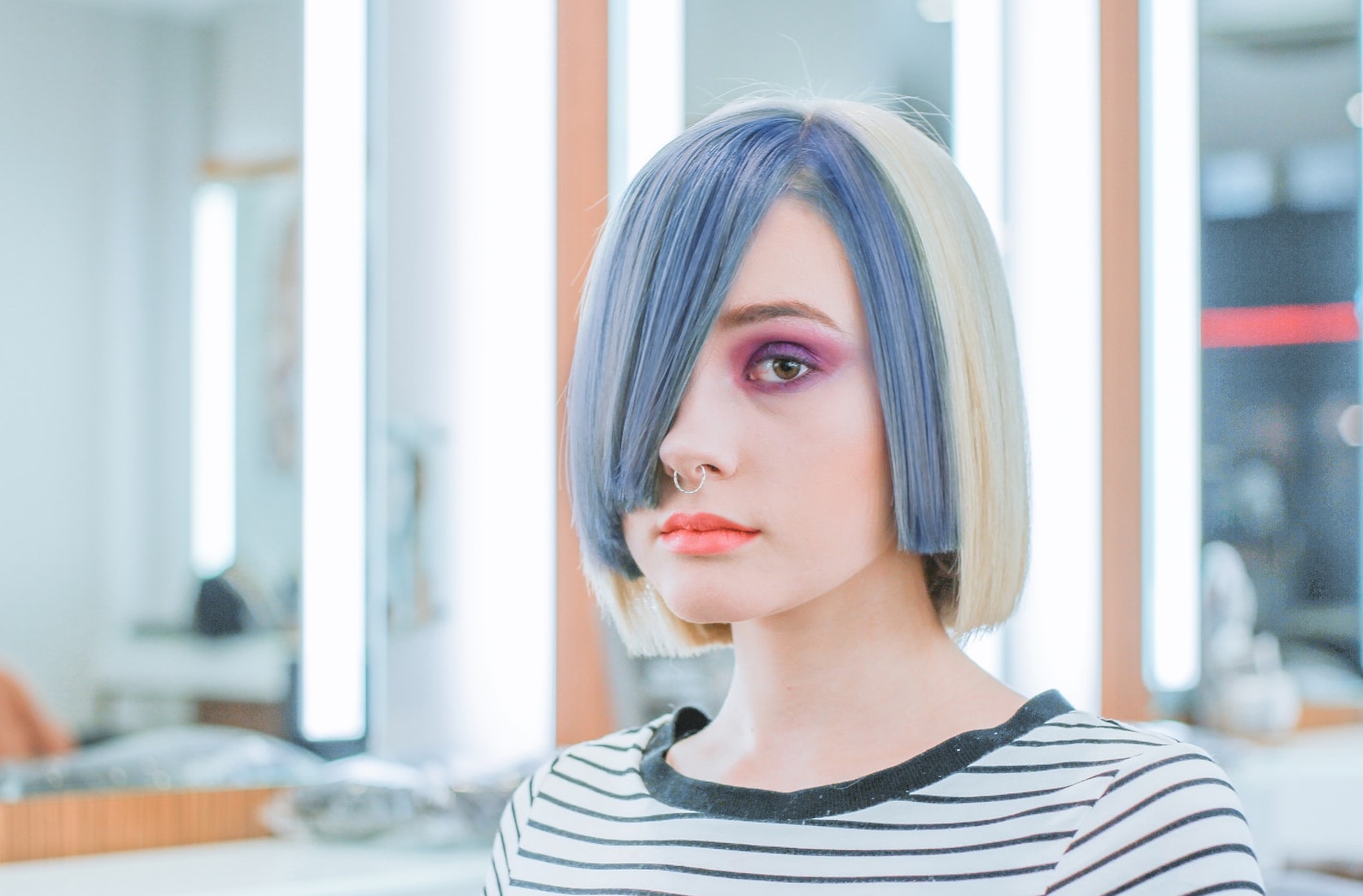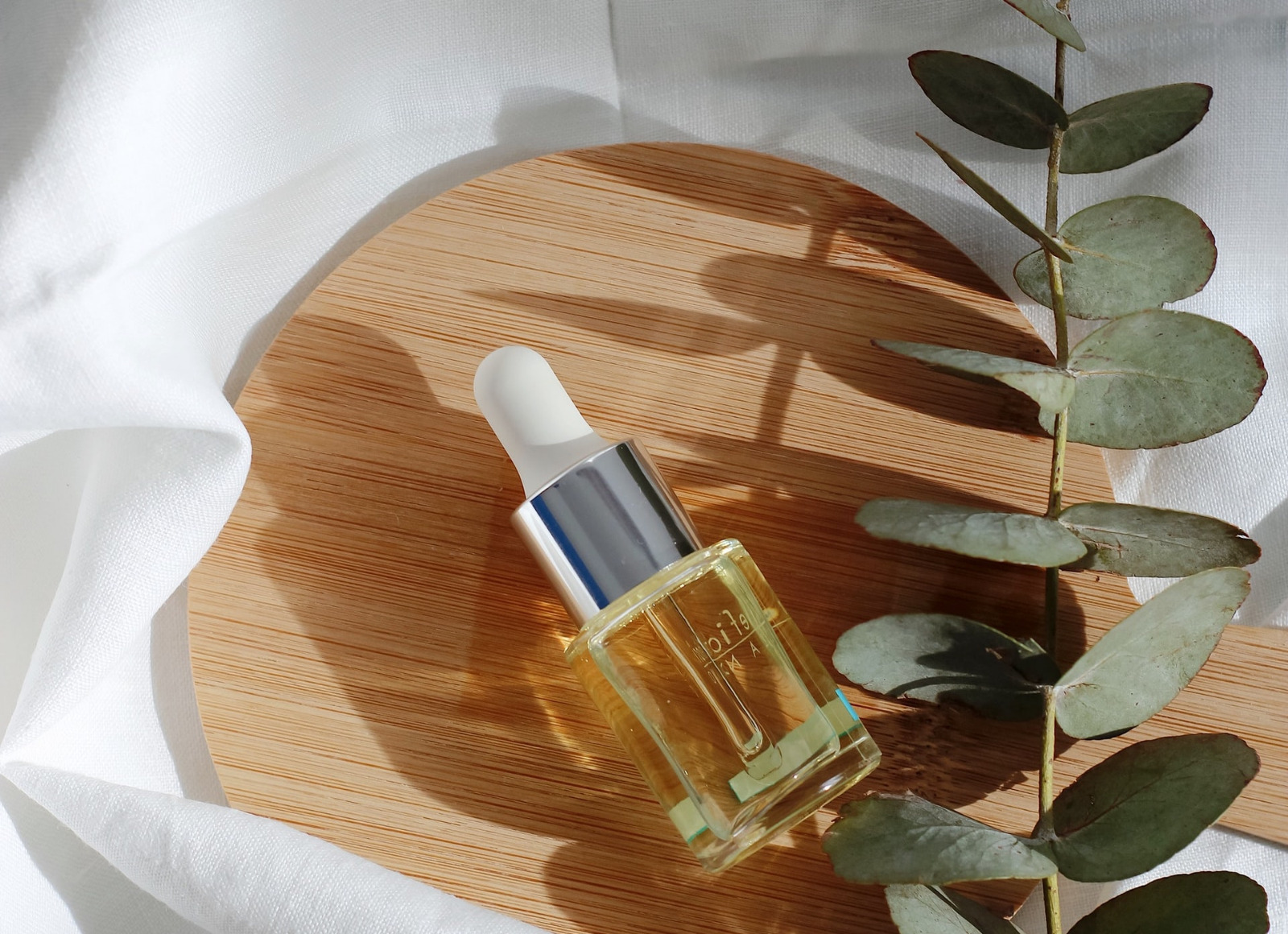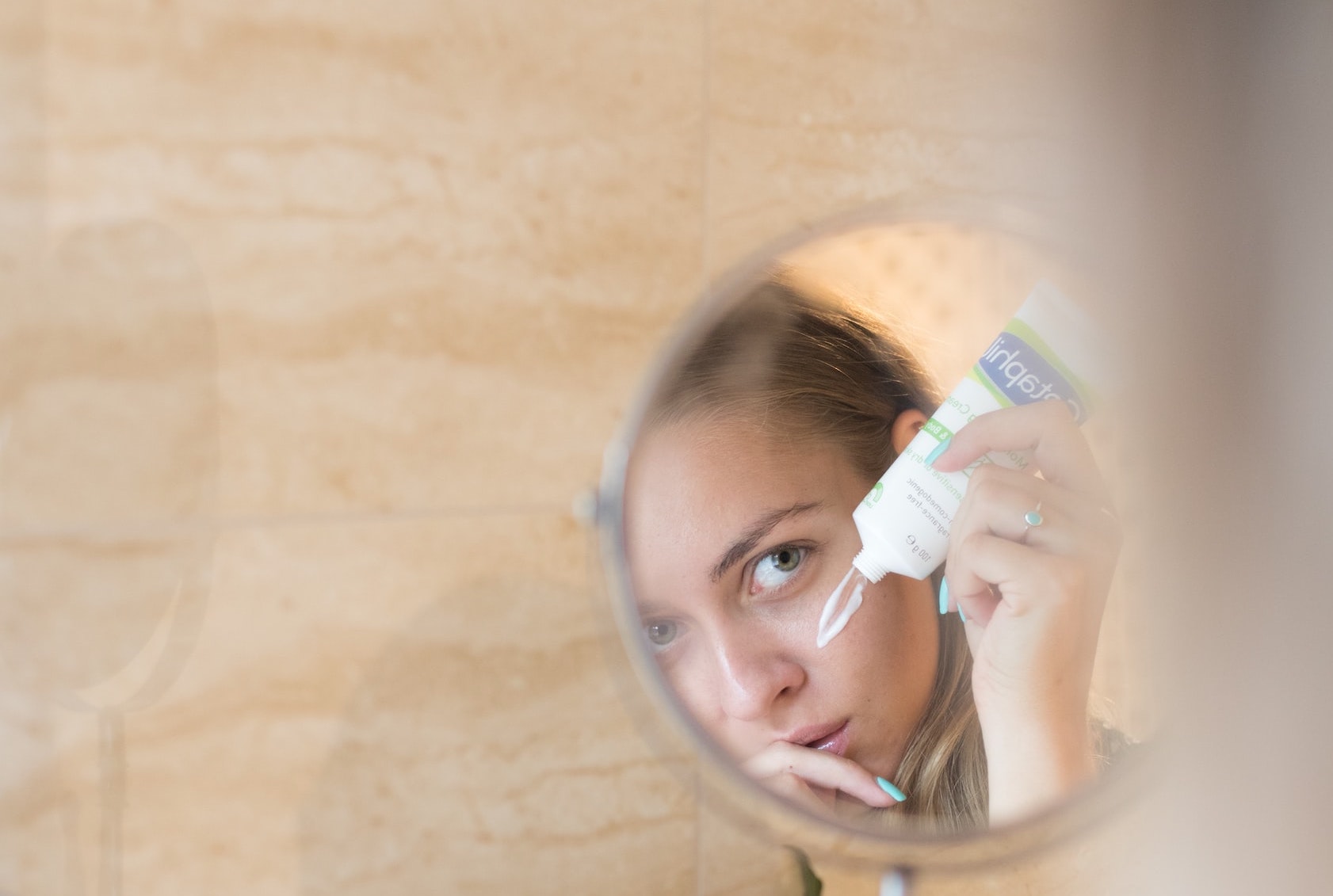Alpha-arbutin and Beta-arbutin (optical isomer) are similar cosmetic ingredients. In cosmetics and personal care products, these ingredients can be used as antioxidants, bleaching and skin conditioning agents. Currently, neither Alpha-arbutin nor Beta-arbutin are regulated under the EU Regulation (EC) Nº 1223/2009 on cosmetic products.
The Scientific Committee on Consumer Safety (SCCS) has published its final opinion on Alpha-arbutin and Beta-arbutin. It was adopted by written procedure on 31 January 2023 and published on February 1, 2023.
Based on the data provided and relevant information available in the scientific literature, the SCCS concluded that:
- Alpha-arbutin used in face creams up to a maximum concentration of 2% and in body lotions up to a concentration of 0.5% is safe, also when used together.
- Beta-arbutin used in face creams up to a maximum concentration of 7% is safe.
- Aggregate exposure of alpha-arbutin (2% in face cream and 0.5% in body lotion) with beta-arbutin (7% in face cream) are considered safe.
- Hydroquinone should remain as low as possible in formulations containing alpha-or beta-arbutin and should not be higher than the unavoidable traces in both arbutins (3 ppm was the LOQ for hydroquinone and 1 ppm for the LOD).
References:
SCCS (Scientific Committee on Consumer Safety), Opinion on the safety of alpha- (CAS No. 84380-018, EC No. 617-561-8) and beta-arbutin (CAS No. 497-76-7, EC No. 207-8503) in cosmetic products, preliminary version of 15-16 March 2022, final version of 31 January 2023, SCCS/1642/22








